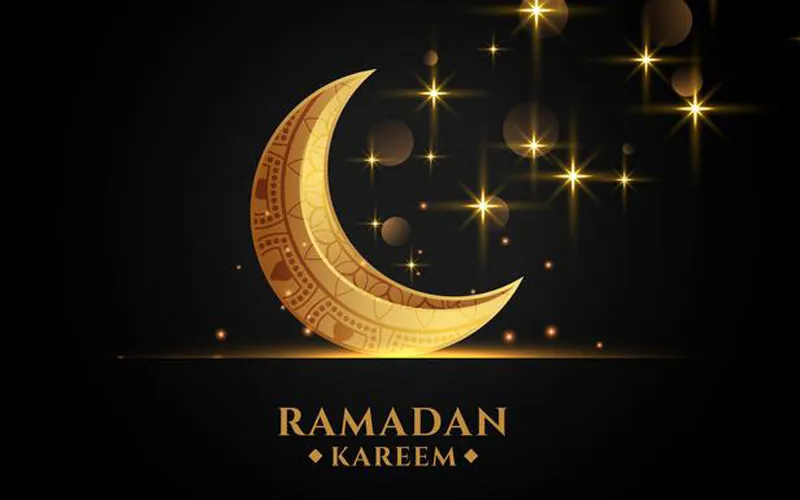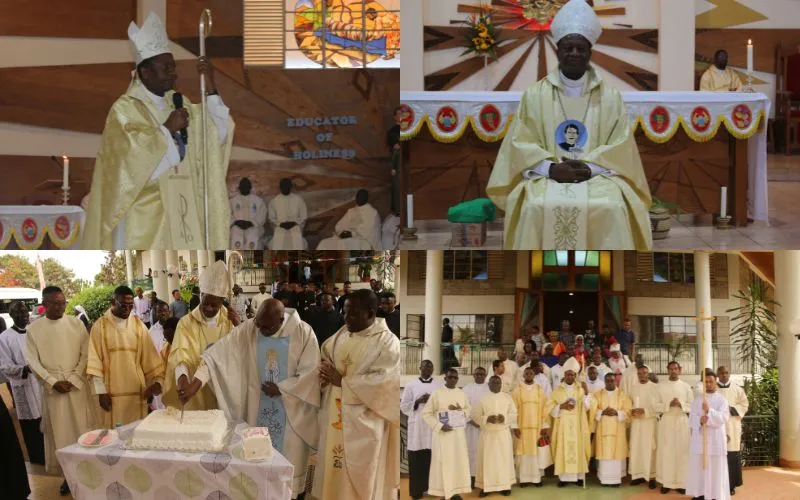In the message Bishop Badejo co-signed with the Director of IRD of Oyo Diocese, Fr Joseph Wale Ogundipe, the leadership of the Nigerian Diocese observes with regret that there were increased killings in several West African countries in attacks that seem to have been indiscriminate in their nature, targeting “Christians and Muslims alike.”
“Dear friends, we all feel most concerned about the current rate of violence, kidnapping, banditry and bloodshed in our country,” Bishop Badejo says, and adds, “This is happening to Christians and Muslims alike and is making day-to-day living and livelihood difficult for all.”
The Local Ordinary of Oyo who doubles as the President of the Pan African Episcopal Committee for Social Communications (CEPACS) expresses the need for the people of God in West Africa to be concerned about what he refers to as a siege currently imposed on Yorubaland (countries in West Africa) through violent kidnapping, rape, and killing of women, farmers and ordinary citizens.
He says that Africa’s culture is one that respects the sanctity of life and the rights of all citizens while protecting harmonious coexistence, underscoring the need for Muslims and Christians to join hands and to promote the virtues of equity, peace and justice.
This, the Nigerian Bishop says, would return the West African society to “the path of serenity and prosperity.”
The 59-year-old Bishop further says that Catholics in Nigeria, especially in his Diocese, are willing to work together with their brothers and sisters in the Islamic faith to realize development in the country.
“As Catholics we are open to work with you for fruitful and holistic human development which will enhance the future of our children and society,” Bishop Badejo says in his message at the start of the holy month of Ramadan, adding, “On this note we pray for our religious and political leaders that the Almighty Allah may help them to lead us aright.”
“As we pray for your successful observation of this holy season, we assure you of our goodwill and pray that your supplication may bring peace to our world, our country and to Yorubaland in particular. Wishing you a blessed month of Ramadan. Ramadan Kareem!!! Ma Sallam!” the Bishop who has been at the helm of Oyo Diocese since November 2009 says.
In a separate message to Muslims in Mauritius, the leadership of the Council of Religions in the Island country located off the South-eastern coast of Africa congratulated the Islam community for staying true to their religion despite the COVID-19 pandemic that has interfered with Religious celebrations.
“The Council of Religions wishes Ramadan Kareem to our Muslim brothers who are starting the holy month of fasting. We pray that Almighty God will listen to the prayers of his people and increase our faith, hope and charity in us,” the Council leadership says in the letter signed by the President, Fr. Philippe Goupille.








